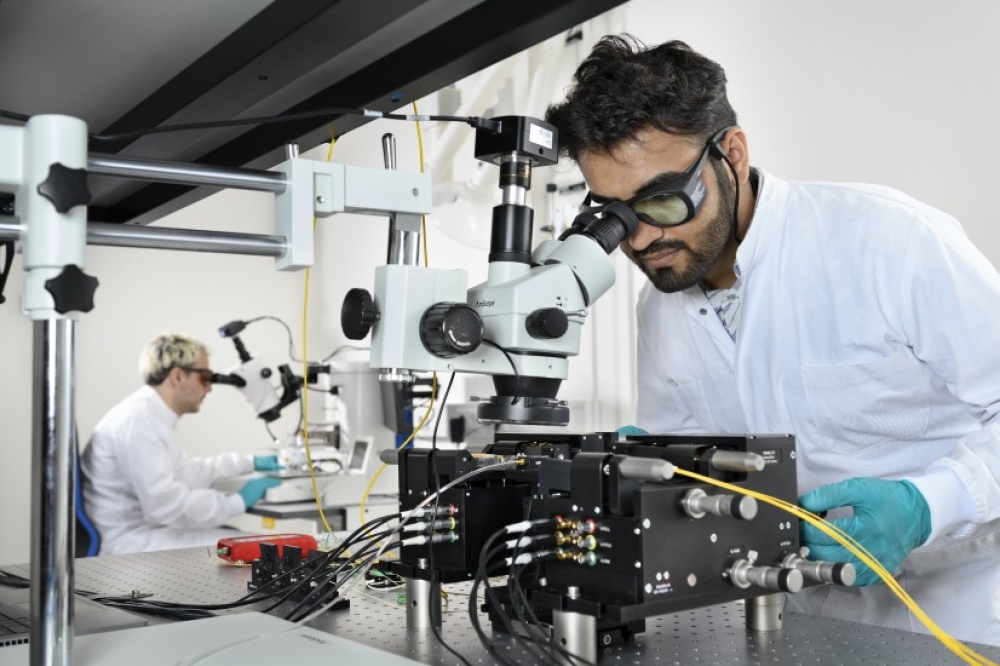Pasqal acquires AEPONYX to advance quantum computing with PICs
The company plans to integrate AEPONYX’s photonic chips to provide the light needed to manipulate neutral atom qubits, a move it says will bring a new level of accuracy, robustness, and scalability to its quantum computing system
Pasqal, a company focusing on neutral-atom quantum computing, has announced the acquisition of AEPONYX, a Canadian company specialising in PICs. The company says this strategic move strengthens its hardware platform and accelerates its roadmap to fault-tolerant quantum computing, a critical milestone towards unlocking quantum’s full potential.
Pasqal’s quantum computing platform uses neutral atoms, suspended in space using lasers, as quantum bits, or qubits, which store and process quantum information.
Controlling the light that manipulates these atoms requires extreme precision, more than traditional systems can provide. According to Pasqal, AEPONYX’s PICs offer a compact, stable, and efficient way to generate and control the complex light fields required to trap, arrange, and entangle these atoms. By embedding this technology directly into its processors, Pasqal aims to bring a new level of accuracy, robustness, and scalability to the complex optics needed to run a quantum computer.
“AEPONYX has built some of the most precise and scalable light-control chips available now,” said Loïc Henriet, CEO of Pasqal. “By combining their technology with our neutral-atom architecture, we’re tightening our control over a critical part of the hardware stack. This gives us a competitive edge in scalability, advanced individual control of qubits, and hardware stability – three main goals every quantum company must achieve to deliver value at scale.”
Pasqal says the integration of PICs will allow it to replace delicate optical setups with chip-scale photonic circuits that will dramatically increase the stability of atom control and the precision of individual qubit manipulation, while also simplifying scaling from hundreds to thousands of qubits.
“Quantum computing is crossing a threshold – from proof-of-concept to real, usable processors,” said Philippe Babin, CEO of AEPONYX. “Joining Pasqal means our photonics will help power that leap. Together, we’re not just making better quantum machines – we’re building the foundation of a new computing era.”
According to the two companies, the combination of neutral atom qubits and photonic chips delivers a unique technological edge: unmatched control fidelity, error resilience, and hardware stability. These are the critical ingredients in the next-generation digital fault-tolerant quantum computing – processors that detect and correct their own errors in real time.
With this acquisition, Pasqal says it is executing on its broader vision: to build the world’s most practical and scalable quantum computer systems, moving quickly to enterprise-ready platforms.
“The future of computing will belong to the leading companies who can make quantum systems practical, reliable, and scalable,” Henriet added. “With AEPONYX on board, we’re a giant step closer to that future.”










